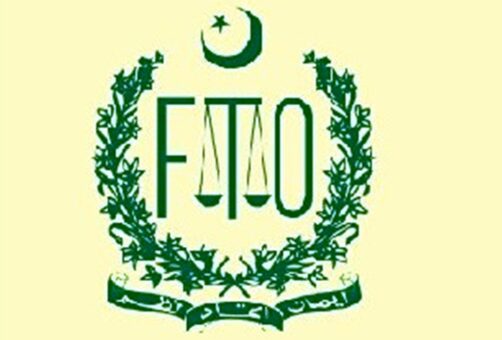Karachi, November 22, 2023 – Following the intervention of the Federal Tax Ombudsman (FTO), a matter concerning the improper deduction of advance income tax on the electricity bill of Masjid Al Noor (Trust) has been successfully resolved.
The FTO received a complaint regarding the unauthorized imposition and collection of advance income tax on Masjid Al Noor (Trust) in Karachi, specifically through the monthly electric bill for October 2023.
Investigations into the complaint revealed that Masjid Al Noor (Trust) had received an electricity bill for October 2023, including an advance income tax charge under Section 235 of the Income Tax Ordinance, 2001.
The FTO noted that the sudden imposition of advance income tax on a place of worship, such as Masjid Al Noor, was not in accordance with the provisions of the Income Tax Ordinance, 2001. The ordinance specifies that advance tax is applicable to commercial, industrial, or domestic consumers. As a mosque does not fall into any of these categories, the charging of income tax by M/s. K-Electric Karachi through the monthly electricity bill was deemed legally inappropriate.
The FTO referenced a previous complaint dated August 26, 2022, concerning Jamia Masjid Sunehri (Trust) in Karachi. In that case, the Deputy Commissioner Inland Revenue of LTO Karachi had communicated to the principal officer of K-Electric, clarifying that the collection of advance income tax under Section 235 of the Ordinance from a mosque was not in accordance with the provisions of the ordinance.
During the hearing, the manager of taxation at K-Electric acknowledged the inadvertent mistake made by the company. In response, K-Electric submitted a revised electricity bill for Masjid Al-Noor (Trust) for the month of October 2023, with the advance tax imposition reversed.
With the resolution of the issue and the redressal of the complainant’s grievances, the FTO closed the complaint and consigned the file to record. The successful resolution highlights the importance of regulatory oversight in ensuring the fair and lawful treatment of religious institutions in matters of taxation.
